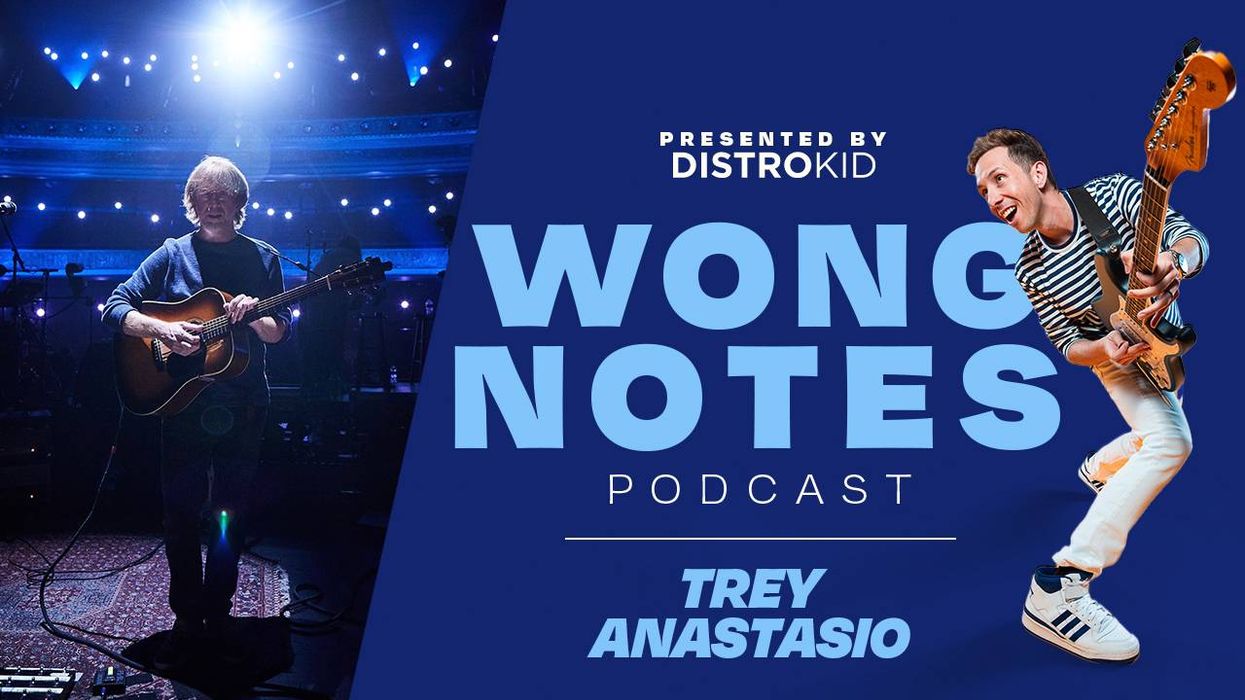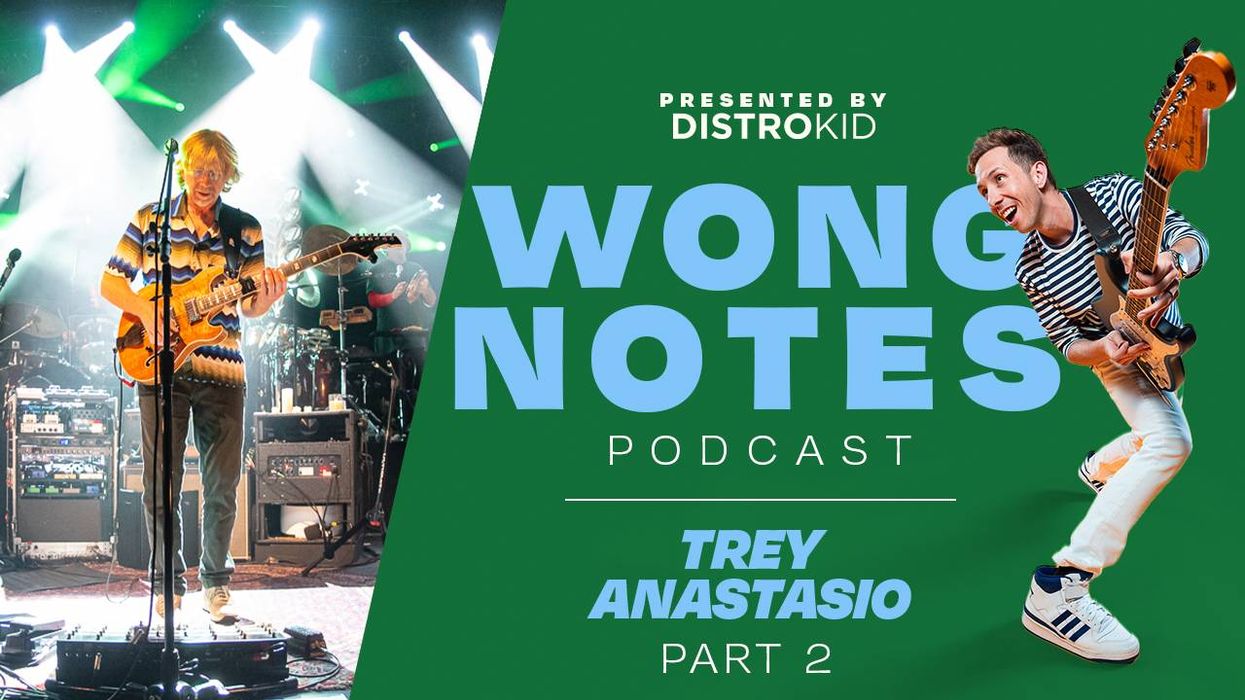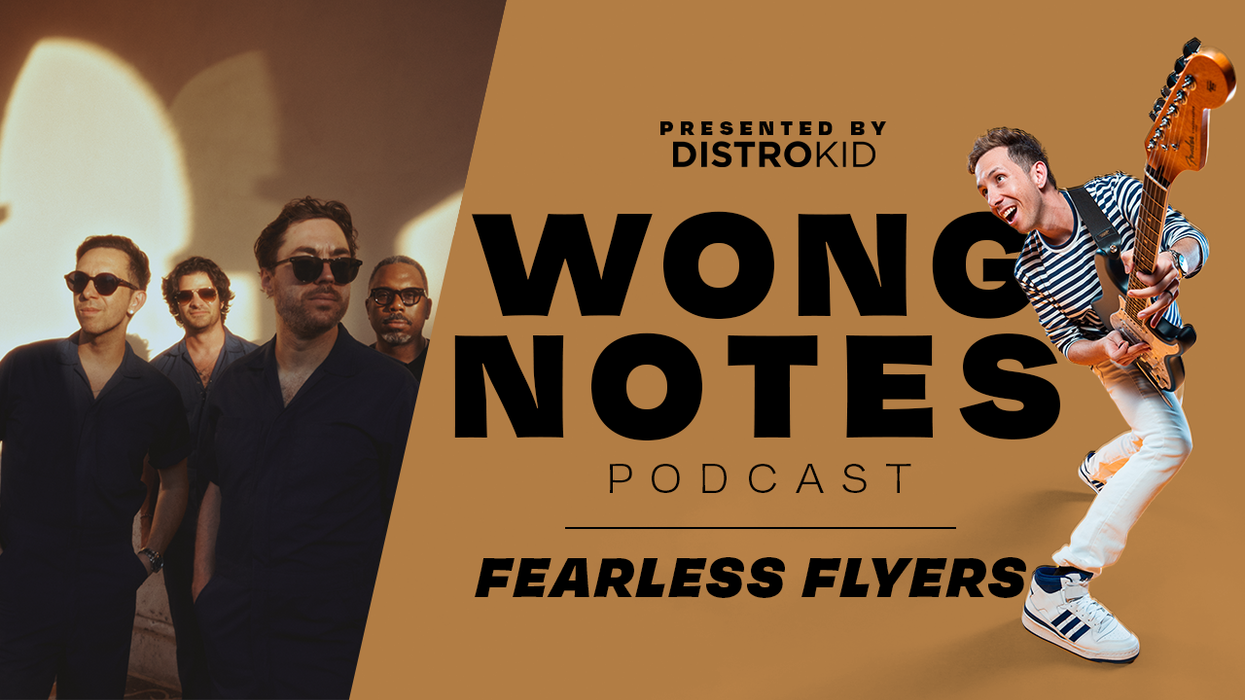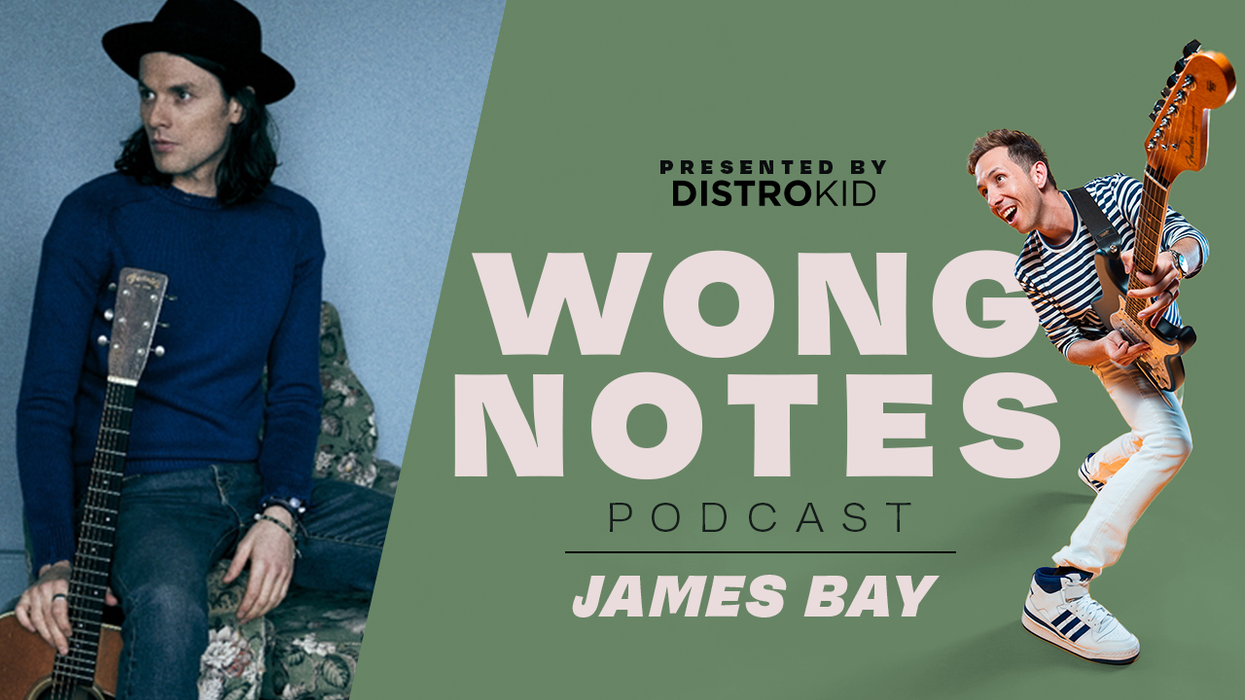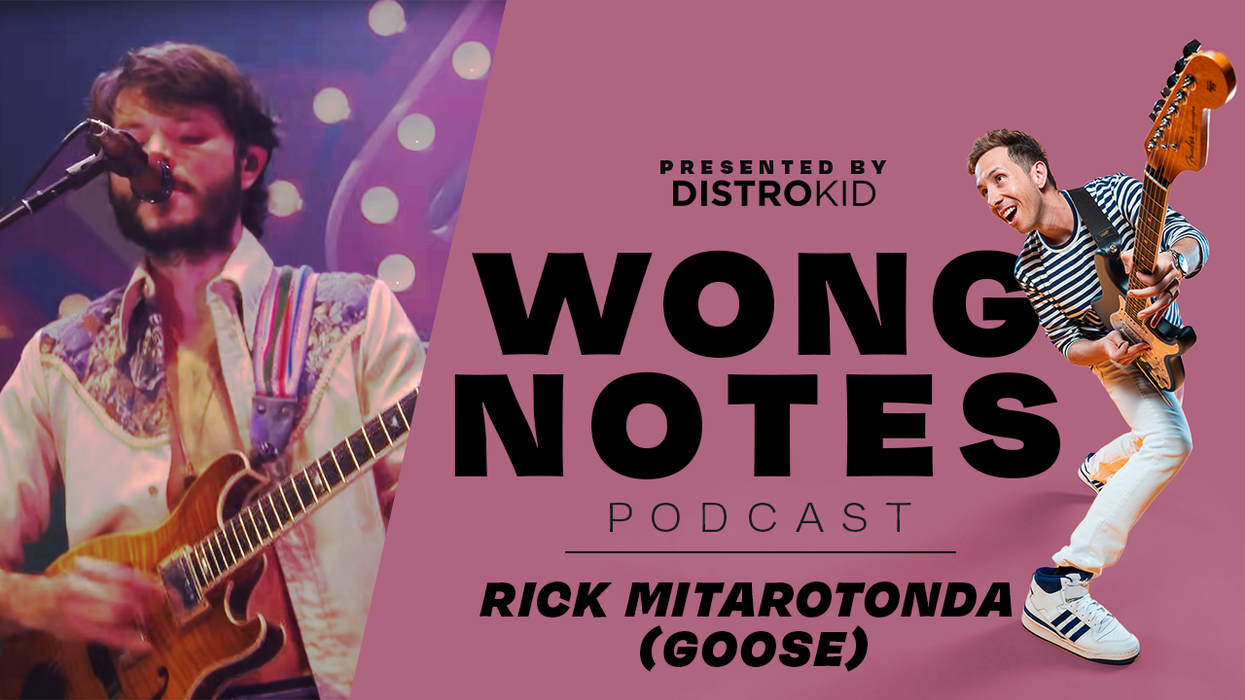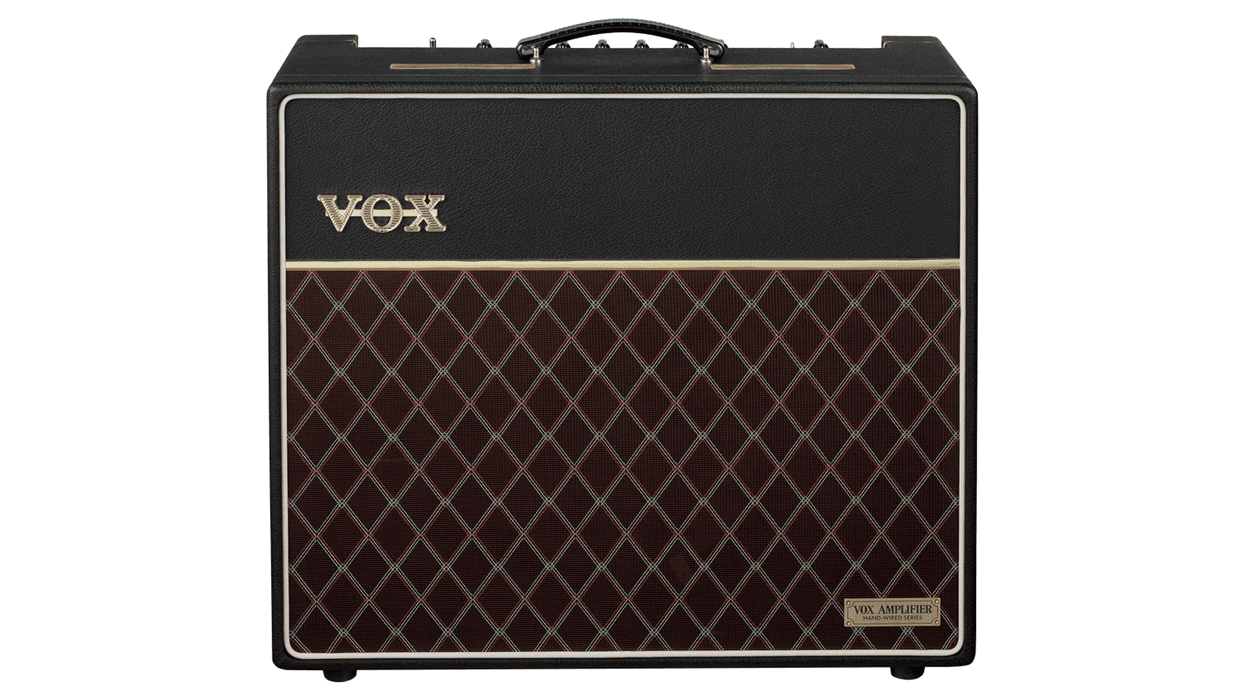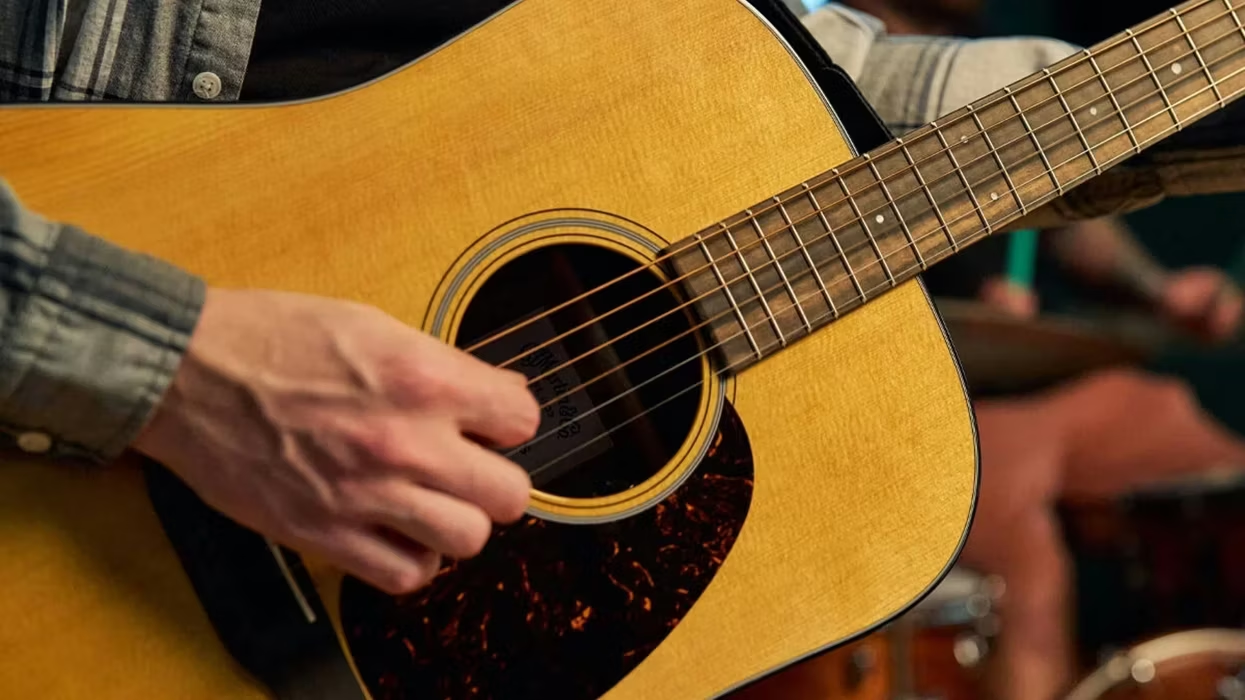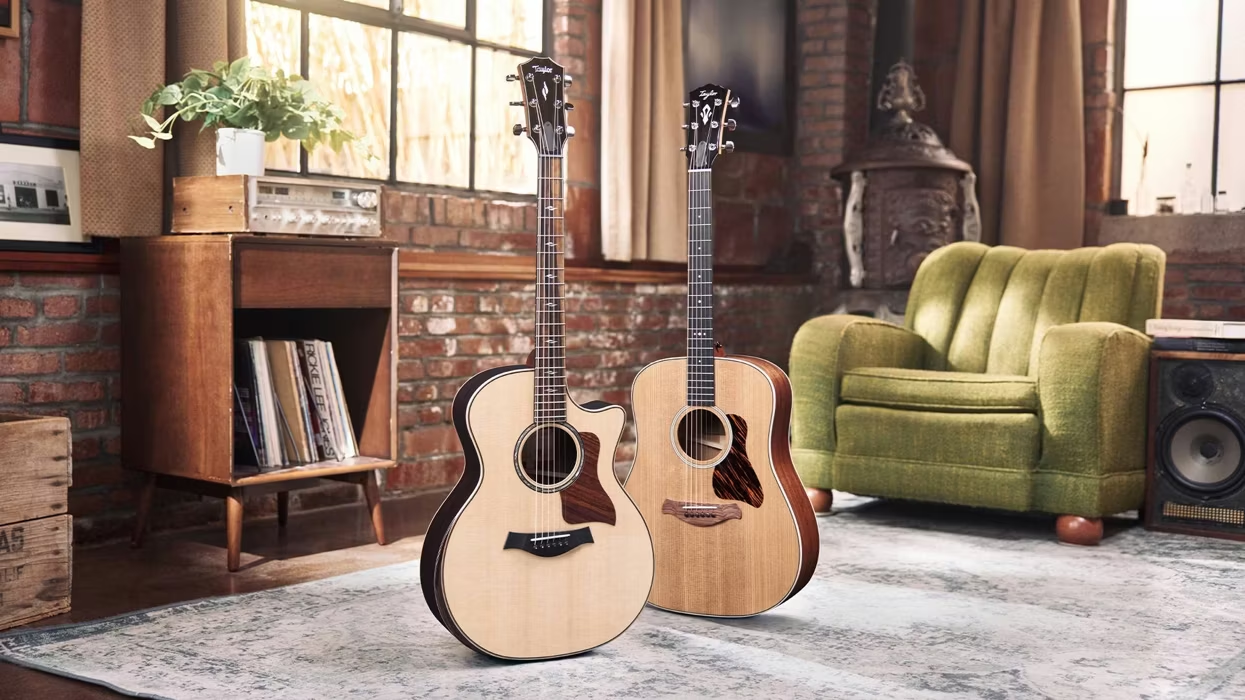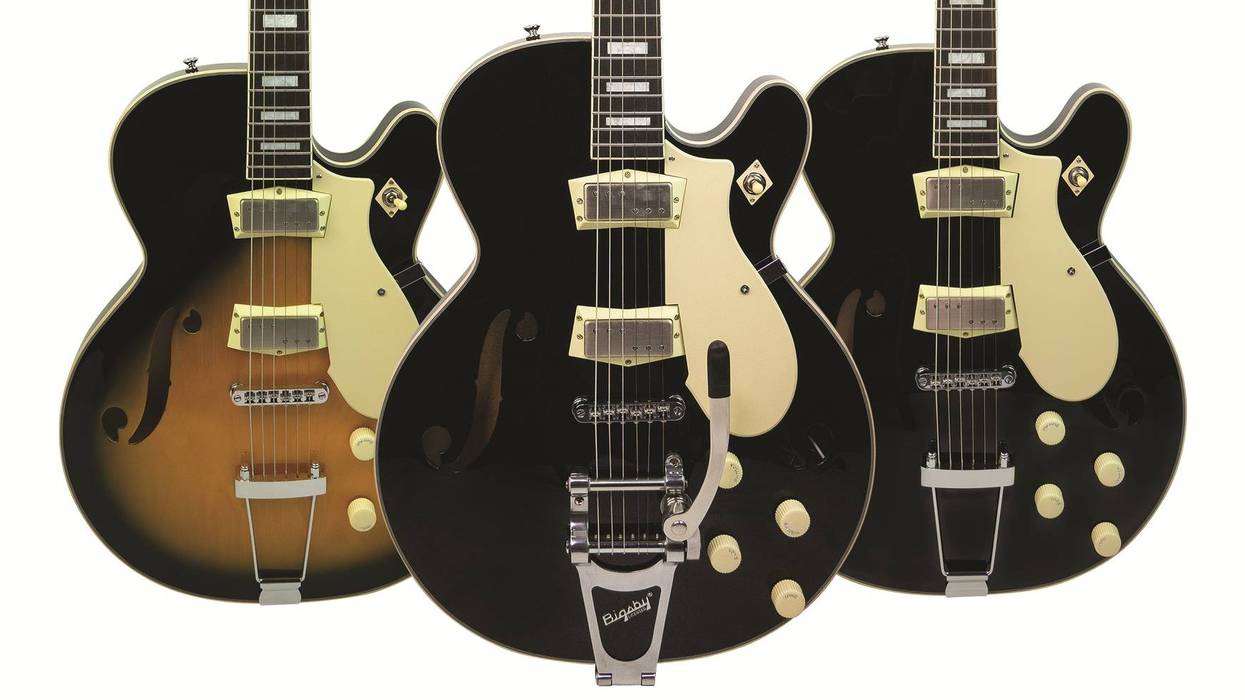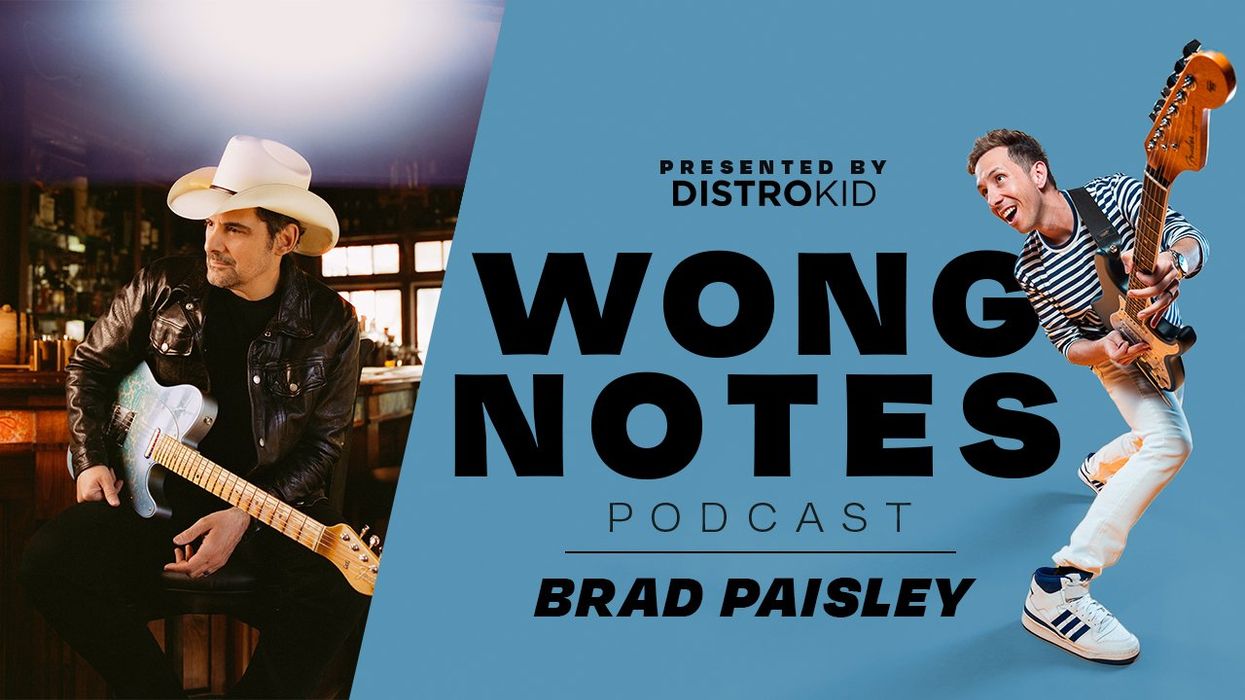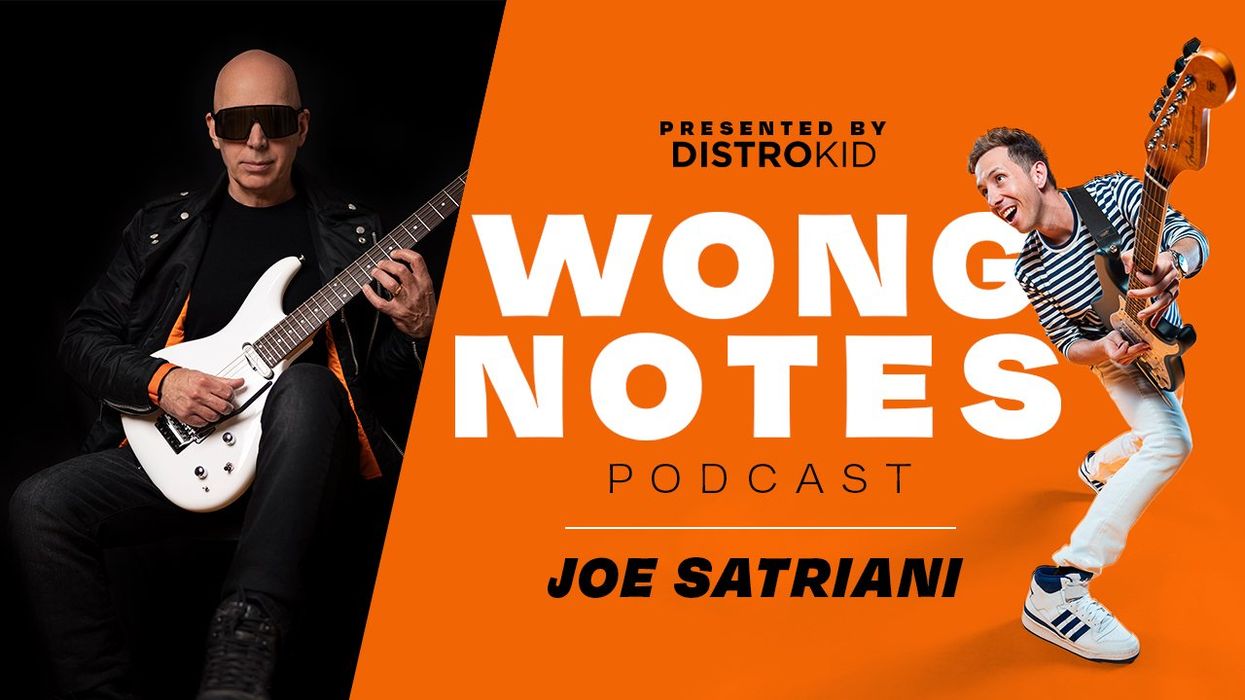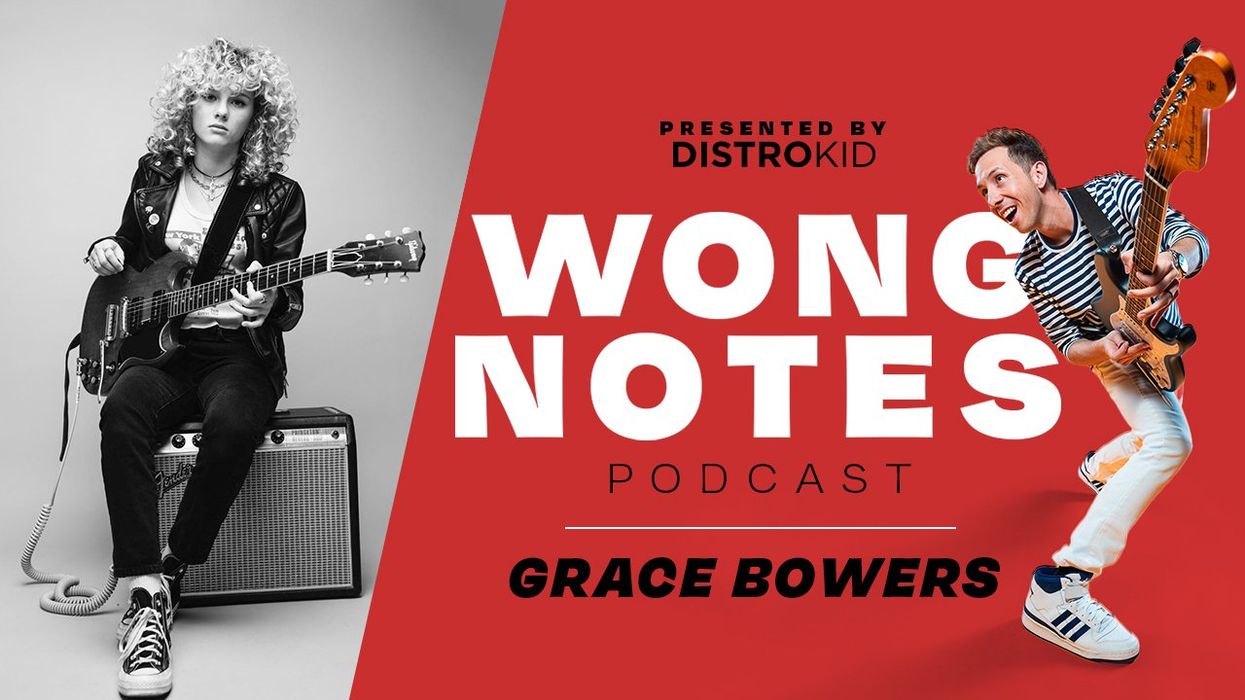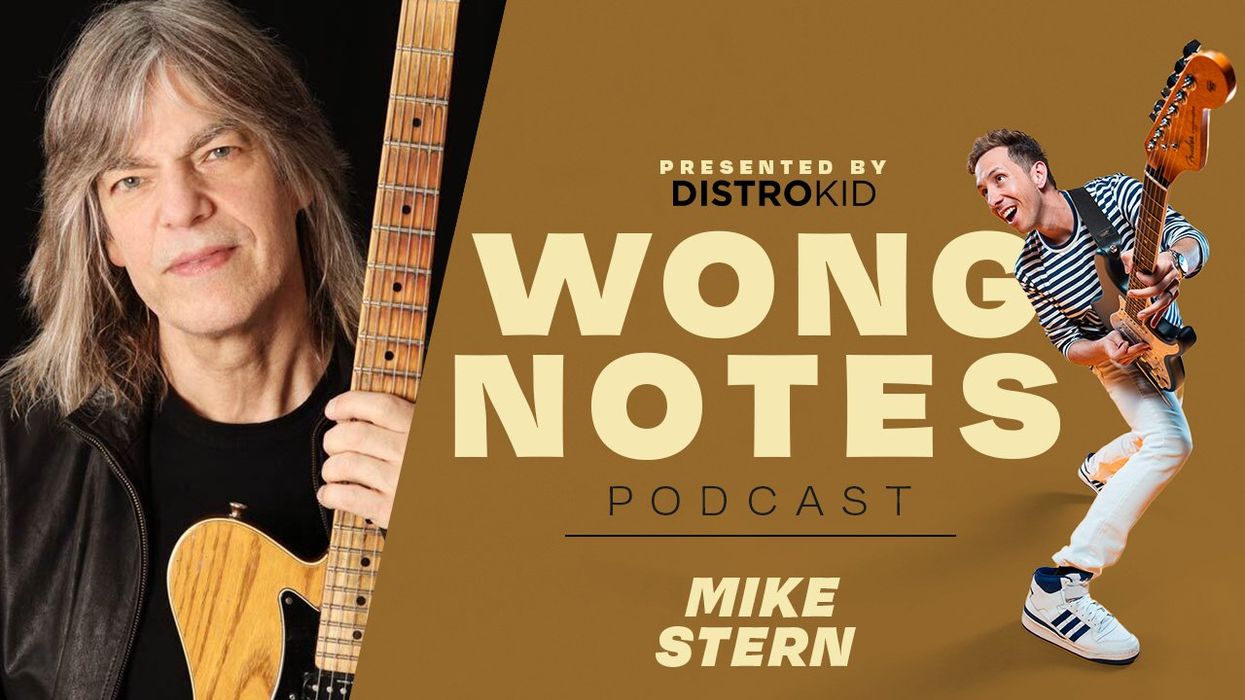Imagine being in a band with your best friends for over 40 years, and each night you step on stage you get to play one more show. That’s exactly what guitarist Trey Anastasio and his bandmates in Phish think about right before every sold-out arena or amphitheater show. “We're all hyper aware now, every night,” mentions Anastasio. “I mean, we just love it so much. It's like, I can't wait for the tour to start.” Anastasio’s energy and passion is infectious, even when he isn’t talking about music. Bring up hockey, 6L6-based amps, or even his generationally deep Iowa roots and watch as his eyebrows raise.
We had to do something special for the 100th episode of Wong Notes. We caught up with Trey while he was preparing for a November tour with his solo band. In part one, Cory Wong brings Anastasio in with some hockey talk before diving straight into his current full-circle journey with his rig, and he reveals a bit of an epiphany that all true gearheads know, but sometimes are afraid to admit. —Jason Shadrick
John Mayer Convinced Trey to Try a Dumble
Cory Wong: Your rig looks quite a bit different now. Tell me about the transition to using Dumble amps. When and why? When and why?!?
Trey Anastasio: I've only played three shows through a Dumble, which was a borrowed Dumble. A guy lent me one. I was doing the Dead 60 thing out there in San Francisco, and John was like, “You gotta try a Dumble.” We were backstage just talking and he's like, “Have you tried a Dumble yet?” I'm like, “No, no, I haven't.”
Wong: He did the same with me. He makes a pretty convincing case. Did he give you the whole like cost-per-gig spiel? What was his method of marketing to you?
Anastasio: He was just talking them up, you know, and I said, well, I would get one except that you own a third of them. [Laughs.] When he [Alexander Dumble] started making those Dumbles, he was trying to beat Randall [Smith] over at Mesa/Boogie. So, they're kind of in the same family. When I tried the Dumble on the last tour, I borrowed it from a very kind person for the Alabama and Hampton shows. And maybe I might have had it at SPAC too. I'm trying to remember, but anyway, it really worked. All the people who are like the arms-crossed, tone haters out there were like, “Okay, this works, because it sounds Fender-ish, but just sort of better.” The reason I've never tried one before is because I always thought that the price was just so obscene that I kind of rebelled against the whole concept of the thing.
But I think what flipped me around on that is that the last couple years I played with this four-piece string section that was at the Beacon Jams and stuff, we called it the Rescue Squad. And these string players who don't make a ton of money were explaining to me how it works in orchestras. One of the women had a Stradivarius from 1700, which is worth millions of dollars, right? Well, she doesn't have millions of dollars. And she said the way this works is that the orchestra you play with, if you get a seat, you know, there's investors and stuff. People think of themselves as curators of these instruments for a while. And then they give them to the next person. So if you get a seat in the Boston Symphony, you're probably going to end up with a better instrument one way or another, based on all the practicing and hard work that you did. One of the caveats is that you get to play a really beautiful instrument for a while. Yes, it's worth an insane amount of money, but you're really just taking care of it. I think that's kind of what's happening now that there's such a finite number of these Dumble amplifiers. John was like, “You should call my buddy at this music store in Seattle, Trevor,” and I called him, he's really nice. And he said they have an amp that maybe I should look at. I went to look at it, and it turns out that Keith Urban owned it previously. Keith and I have met at a couple of events, and I texted him and asked what he thought of this amp. He told me a few things about it. He's really nice. And so they get passed around.
Trey’s Early Influences
Wong: Where did it feel like the main source of your voice came from? And when did you feel like you had it?
Anastasio: I felt that way pretty early. It's interesting. I saw a live show from 1990 recently, and I was kind of surprised—looking backwards—how much of the bulk of this material, it was all originals we were playing. It was like, “It’s Ice,” “Maze,” “You Enjoy Myself,” and all these things that became who we are were already in place by the time I was 25. There was an enormous amount of material and I was writing obsessively by fifth or sixth grade. Still to this day, my favorite part of the whole thing is writing. Even when we were playing at Nectar's, I think I already had an individuality, but I kind of grew up listening to a strange mix of music that influenced me pretty strongly.
I was obsessed with the same things that all the kids my age were. I had every Led Zeppelin record and all that stuff—of course, I had the whole catalog memorized by 14. I think I mentioned earlier that my mother had moved to New York in the late ’40s, and she was lucky enough to go to all the golden age of Broadway shows. She gave me all those records when I was very young. These very lyrical, deeply written, composed pieces of music.
There's a place in Bucks County, Pennsylvania, called the Bucks County Playhouse that Oscar Hammerstein opened. It was a place where all those Broadway shows would come on Tuesday nights, and the original cast of the Broadway shows would do the show at an affordable price. Every week we would go see Gypsy or West Side Story. I was always interested in soaring melodies and also harmonically complex music.
My grandfather was a classical music nut. He and his brother had lifetime season tickets to the orchestra. When I went to his house, he would play me Brahms and Ravel and Rachmaninoff. He liked serious, heavy, melodic classical music.
When I was 15, I saw the Discipline Tour when King Crimson came through Alexander Hall [in Princeton, New Jersey]. There was just a lot of cool stuff going on in that era. I saw Zappa numerous times. I was a huge fan of his guitar playing much more than anything else he did. I was an absolute geek for Zappa's guitar playing and I was blessed to see him lots of times. He just ripped shit on that thing. I mean, it was just so cool. And I loved his rhythmic variation. And I love Fripp. I was obsessed with all of the early- and mid-’70s Eno albums. That was how I got into Talking Heads—through Eno. I kind of worshiped at the altar of Eno because I liked "Another Green World” and “I’ll Come Running” and “St. Elmo’s Fire.” That was one of the first solos I learned.


